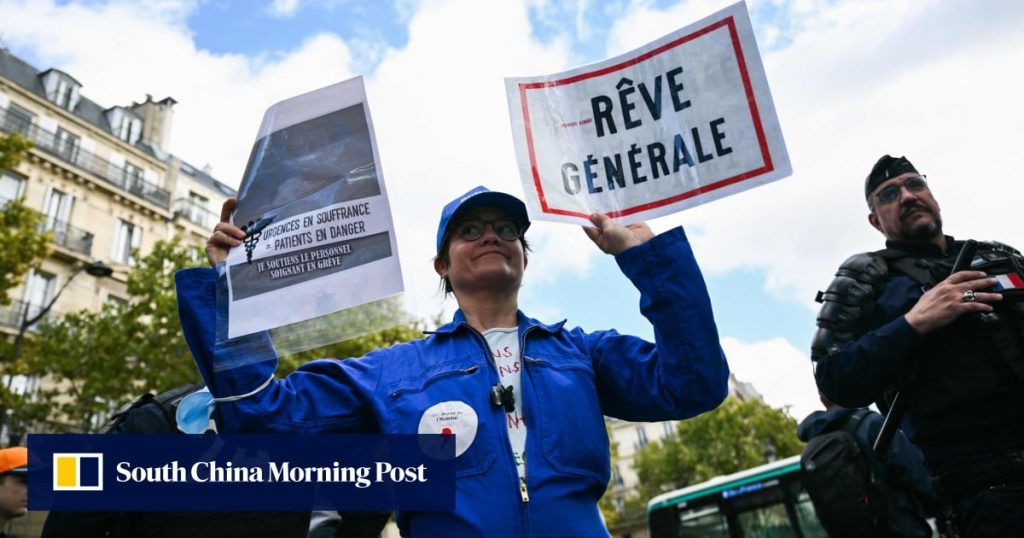This week’s collapse of the French government – featuring the resignation of a prime minister after only 27 days in office – marks the latest twist in a protracted political crisis threatening to bring the powerful European economy to a halt as it grapples with unpopular budget measures, a deepening debt burden and stiff competition from the US and China.
A proposal from Lecornu’s predecessor, the similarly short-lived Francois Bayrou, included the removal of two public holidays, prompting a wave of discontent that helped seal his fate.
Proponents have called the reductions necessary for the country’s fiscal health and to help it keep pace with the world’s two largest economies, but critics have labelled the budget an attack on France’s social model and prized balance between life and labour.
The stand-off highlights a deeper struggle over Europe’s economic future, as business leaders vying with their peers from the US and China for market share seek to maximise worker productivity – and those workers fiercely object to reductions in their quality of life.
“The big question is, can we compete on an international scale while keeping all our values together?” said Lionel Nesta, director of the Innovation and Competition Department at the French Observatory of Economic Cycles think tank.


